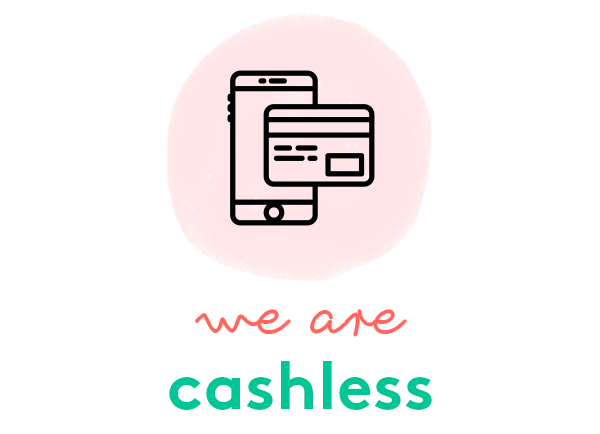
Last year, I blogged about the view of Deutsche Bank regarding the future of payments.
They produced three reports:
- Part I: Cash: The Dinosaur Will Survive… For Now
- Part II: Moving To Digital Wallets And The Extinction Of Plastic Cards
- Part III: Digital Currencies: The Ultimate Hard Power Tool
… that were well worth a read.
It turns out that it wasn’t a one-off but the start of a series as, this year, they’ve just produced three more updates: The Future of Payments, Series 2:
- Part I. Post Covid-19: What Executives Are Thinking and Doing
- Part II. When digital currencies become mainstream
- Part III. Bitcoins: Can the Tinkerbell Effect Become a Self-Fulfilling Prophecy?
Summary
In January 2020, we released our consumer survey titled The Future of Payments (Part I, Part II, and Part III). Today, we release the results of our proprietary survey of more than two hundred executives (CFOs, treasurers) across Europe, and release our forecast of trends in cash management, digitalisation, mobile payments, cryptocurrencies, and blockchain.
Covid-19 disruption to business has reshuffled priorities for CFOs and treasurers. They must address how to: maintain access to liquidity /credit; implement back-up procedures; create visibility to total cash in global locations; determine cash requirements in the short and medium term; and assess current exposures.
Transforming business models is a key theme emerging from our survey of more than two hundred CFOs, with four discernible trends:
- Traditional B2B businesses entering B2C and a growing interest in e-commerce. E-commerce has risen by 50% in Europe since March and we expect sustained online volume growth of more than 50% globally in 2021 and 2022. This will trigger the need for innovative collections solutions.
- A move toward real-time treasuries. CFOs are willing to monitor and be notified about real-time account balances. They believe that instant payments, application programming interfaces (APIs), and open banking will be the technologies/services with the biggest impact on B2B payments over the next two or three years.
- Usage of cash applications. Automated accounting and reconciliations systems, and e-invoicing technologies are expected to increase.
- Centralisation of cash management. Treasurers are willing to rationalise bank accounts; between 20% and 50% of treasurers intend to implement virtual accounts this year.
Top challenges
- Fraud/security exposure related to payment activity
- Errors and time spent on manual payments
- Bank KYC/documentation or other compliance issues
- Obtaining timely access to all transactions occurring globally
- Keeping up with technology changes
- Inefficiencies created by legacy payment solutions
Sources of efficiency gains
- Cashflow forecasting
- Bank account management
- Invoice processing
- Payment initiation, receipts, and reconciliation
- Order processing purchases
- Management analysis
- Fraud/security management
Chris M Skinner
Chris Skinner is best known as an independent commentator on the financial markets through his blog, TheFinanser.com, as author of the bestselling book Digital Bank, and Chair of the European networking forum the Financial Services Club. He has been voted one of the most influential people in banking by The Financial Brand (as well as one of the best blogs), a FinTech Titan (Next Bank), one of the Fintech Leaders you need to follow (City AM, Deluxe and Jax Finance), as well as one of the Top 40 most influential people in financial technology by the Wall Street Journal's Financial News. To learn more click here...

